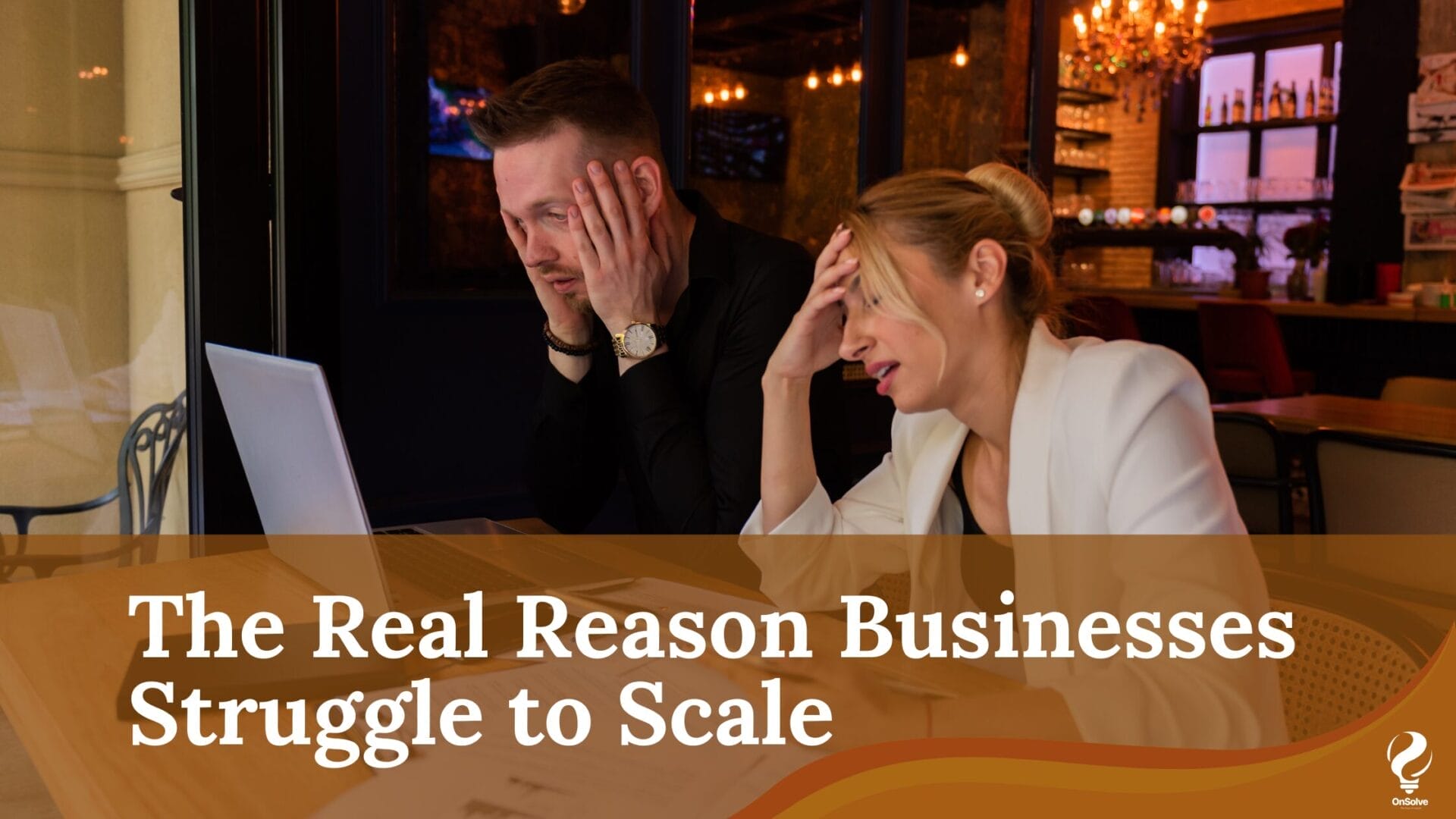Healthy relationships are a cornerstone of an enjoyable life. Among the NDIS participants, working towards nurturing these relationships may present somewhat unique challenges. But fostering a solid connection is indeed possible if the right support and strategies come into play. This blog article offers NDIS participants a way to build healthy relationships and what support can be availed to them.
Importance of Building Healthy Relationships
Healthy relationships contribute a great deal to emotional well-being-bringing along all the happiness belonging and support. They lessen the level of stress associated with other mental health challenges, thereby protecting the quality of life of the person concerned. For the NDIS participants, the relationships also act as a tool for achievement of personal goals and increased participation.
Challenges Faced by NDIS Participants
NDIS participants may face various challenges in building relationships, including:
Communication Barriers
Communication barriers represent an enormous challenge for many NDIS participants. These create situations that make it very challenging for individuals to express their needs or understand what others are telling them. A lack of clear communication can lead to a rise in misunderstandings and feelings of isolation.
Social Skills
NDIS participants find navigating social situations particularly difficult. The interpretation of social cues such as body language, facial expressions, and tone of voice are often not agreed upon. This sometimes leads to difficult interactions and misunderstandings. Such difficulty makes the onset and maintenance of friendships scary and can lead to social withdrawal.
Mobility Issues
Physical barriers have a substantial impact on a participant’s ability to participate in many social activities. Mobility issues may deprive those individuals of community events, visiting friends, and just interacting with the larger public. This simply means that a person may feel lonely and isolated, thus losing hope and interest in social life.
Mental Health
Mental health conditions like anxiety and depression are more prevalent among NDIS participants than in the general population.These factors can have devastating effects upon someone’s ability and willingness to connect with others and participate in social activities. Fears of being judged, feeling inadequate, or just being swept away by social interactions might compel someone to refrain from pursuing social interaction.
Core Strategies for Nurturing Strong Relationships
- Empathetic Communication: Effective communication is the foundation for building relationships. You have to approach the conversations with empathy, actively listen to the grievances, and show interest towards the needs, dreams, and challenges of the participants and their families.
- Tailored Approach: Each participant has his or her own storyline. By taking the individuality of their needs into account, you will be demonstrating a commitment to their welfare and by customizing your interaction with them and whatever support you can provide.
- Openness and Honesty: Trust is earned through open communication. Be honest about what services you offer, the NDIS process and any potential challenges. Honesty allows people to base trustworthy and credible relationships.
- Consistent Check-Ins: An effective relationship is based on regular communication. Schedule regular check-ins to exhibit advancements and issues, allowing participants and families to feel heard and supported.
- Inclusive Decision-Making: Include the participants and families involving them in the decision-making processes. Honor their voice and preferences so that they feel they had an active part in their care plans.
- Empowerment Through Education: Make sure those participants and their families have some tools to understand the NDIS, what services they have access to, and their rights. Making knowledgeable decisions is empowerment.
Conclusion
Healthy relationships are important to the general well-being of NDIS participants. The right support and strategies can help get around the challenges and create meaningful connections. By utilizing NDIS support and applying tips and strategies for building relationships, participants can enhance their social lives and thus their overall quality of life








